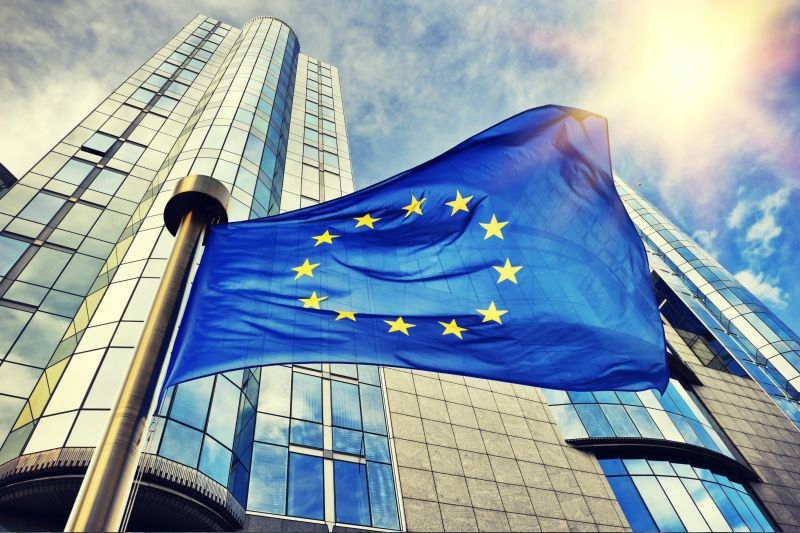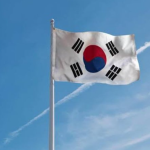
The European Union has taken a momentous step towards promoting ethical trade practices and protecting worker rights.
The European Union has taken a momentous step towards promoting ethical trade practices and protecting worker rights. In a landmark decision, the EU Council and the European Parliament have reached a provisional agreement to ban products made with forced labour from entering the European single market. This move represents a resolute stance against the exploitation of workers and a commitment to upholding fundamental human rights.
The agreement aims to crack down on companies that exploit forced labour by outlining clear responsibilities for the EU Commission and member states. They will be tasked with identifying and taking action against businesses that engage in such unethical practices. Belgium’s Economy and Labour Minister, Pierre-Yves Dermagne, emphasized the regulation’s objective: “to break these companies’ business model” and ensure that their exploitative products have no place in the European market.
Protecting the Integrity of the Single Market
The bans will apply to goods produced outside the EU through forced labour, as well as products manufactured within the EU that incorporate components made abroad by forced workers. This comprehensive approach seeks to safeguard the integrity of the European single market and prevent companies from circumventing the regulations through loopholes or outsourcing.
While the provisional agreement marks a significant milestone, it still requires formal approval from the European Parliament and the Council before it can be enforced. Once approved, the regulation will send a powerful message to businesses worldwide, reaffirming the EU’s unwavering commitment to ethical trade practices and its rejection of exploitative labour practices.
Setting a Global Example
By taking this bold step, the European Union is positioning itself as a leader in the fight against forced labour and setting an example for other nations and trade blocs to follow. The decision not only protects the rights of workers but also encourages businesses to prioritize ethical and sustainable practices throughout their supply chains.
While the agreement represents a significant achievement, its effective implementation and enforcement will require continued efforts and collaboration among various stakeholders. Identifying and monitoring supply chains for instances of forced labour will be a critical challenge, but one that the EU appears committed to addressing through a coordinated and rigorous approach.
As the global community becomes increasingly aware of the prevalence of forced labour and its devastating consequences, the EU’s decision to ban exploitative products serves as a beacon of hope for workers around the world. By taking a proactive stance against unethical practices, the EU is paving the way for a more sustainable and equitable global trade environment, where the dignity and rights of workers are respected and upheld.







